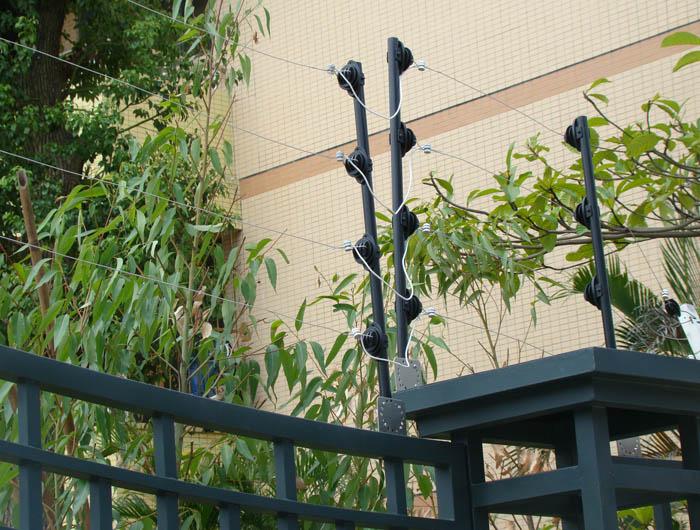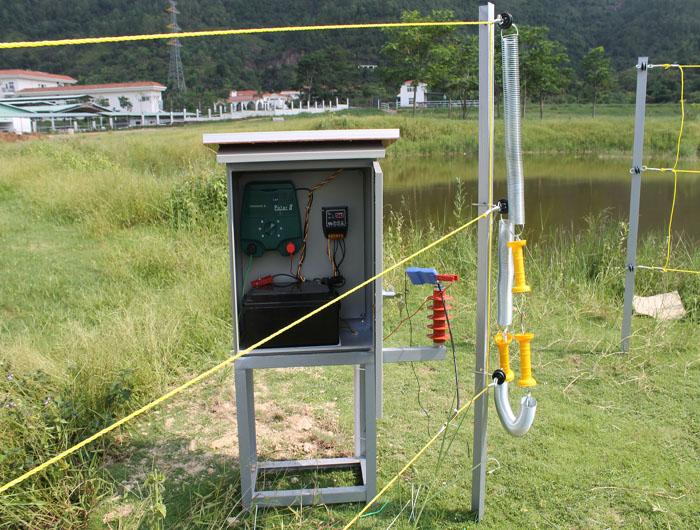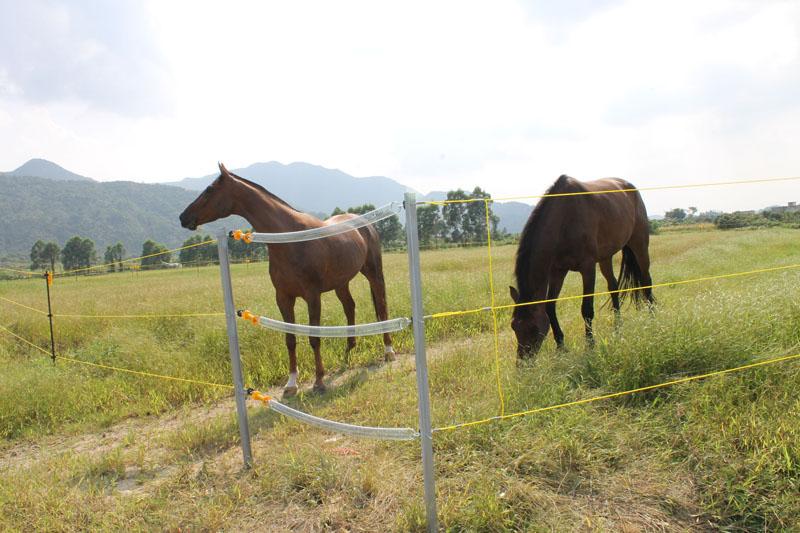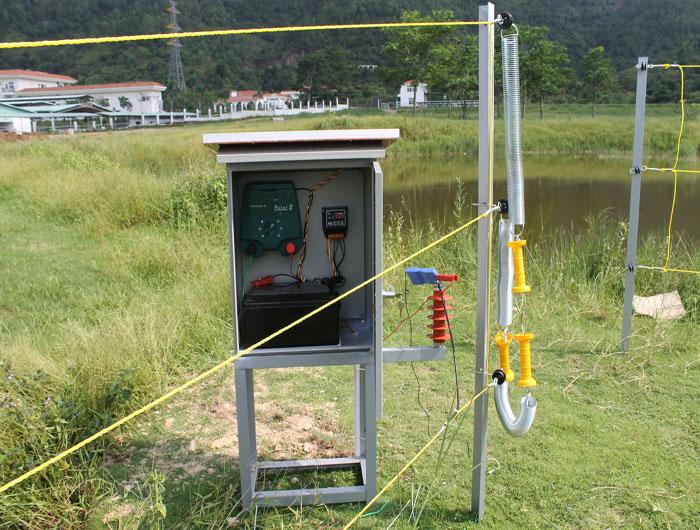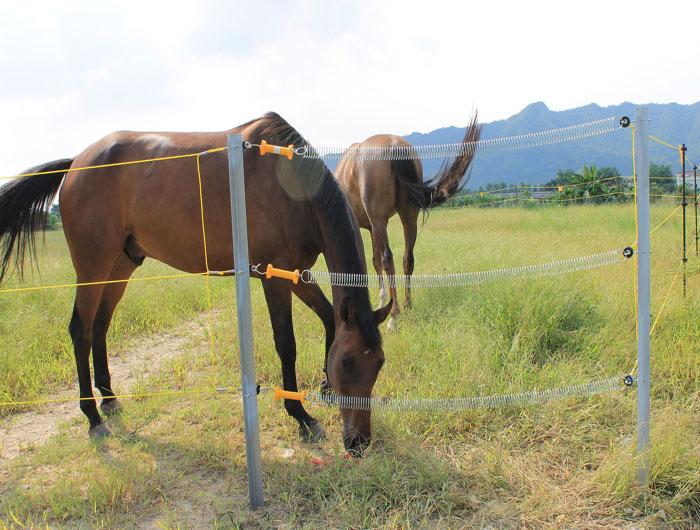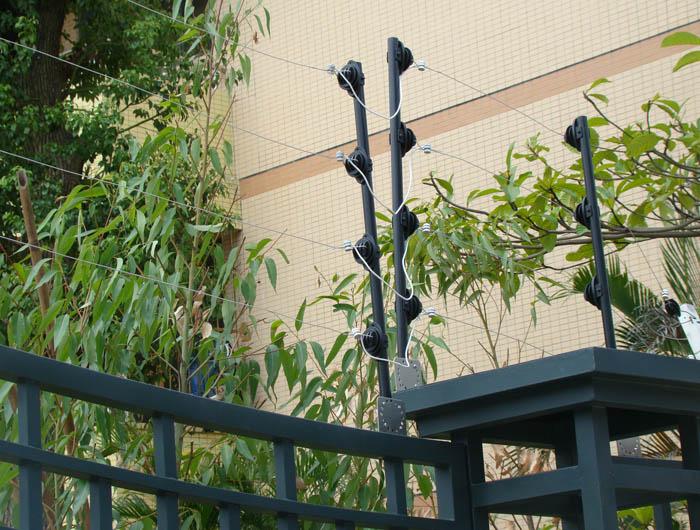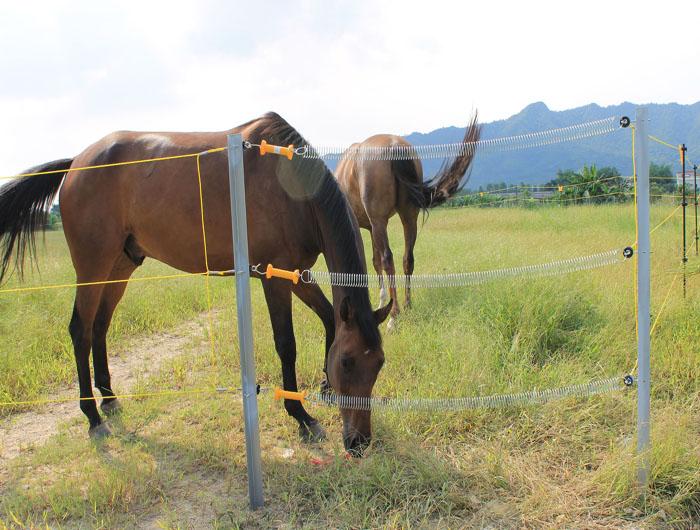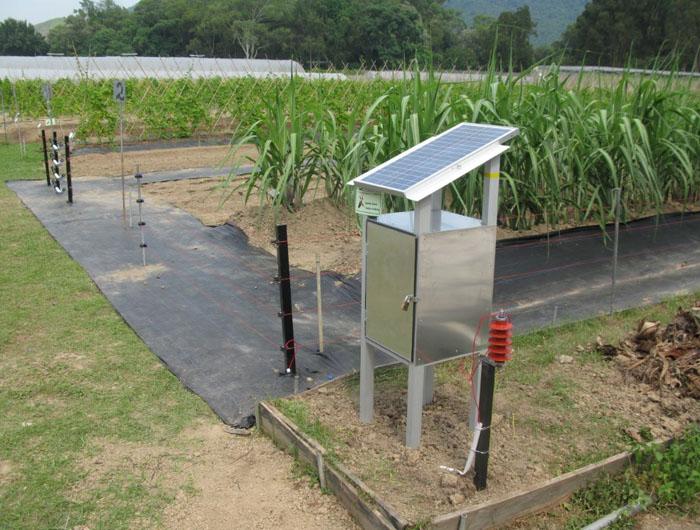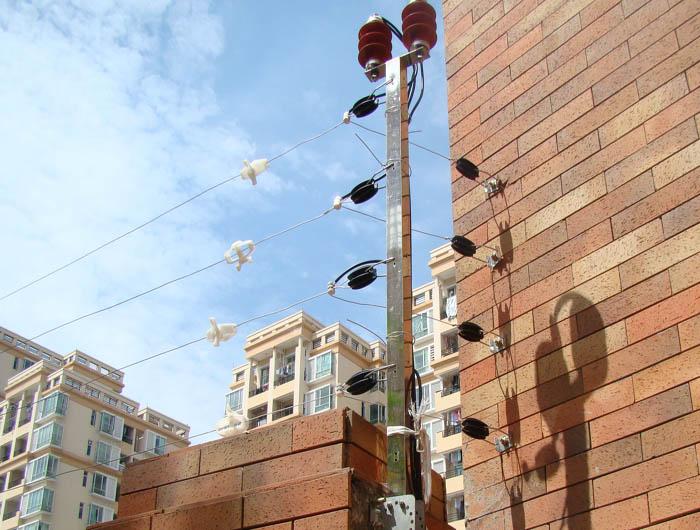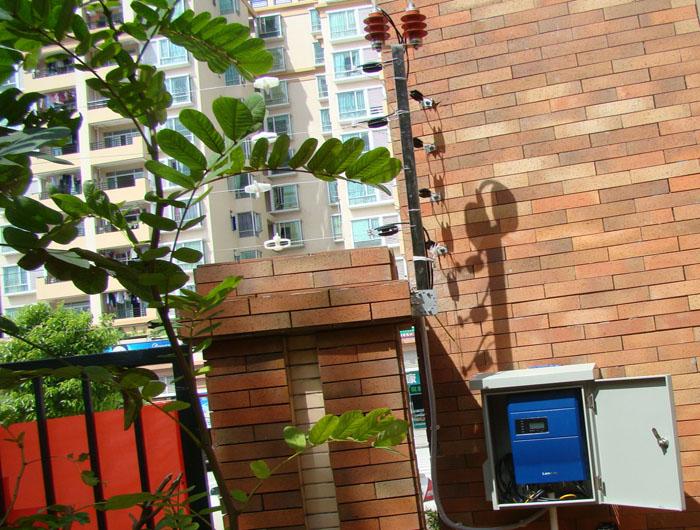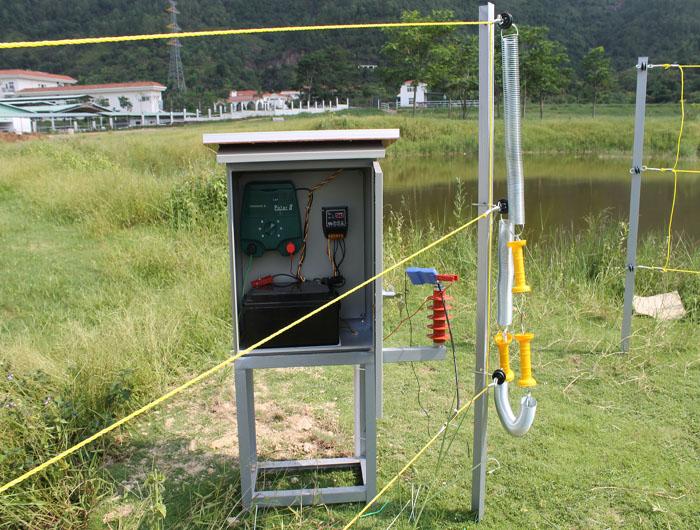Whether you have fencing to keep livestock in, deter predators, or simply for protection, electric fences are worth the time and effort. They provide many benefits and often are easily maintained. However, at the end of each season, you should check your fencing and complete any maintenance that might be needed to keep your fence working efficiently. Learn what to check for and how to maintain your electric fence throughout the seasons.
The winter season is perhaps the harshest on your electric fencing. If you are in an area where it snows, this can be a challenging time. Frozen ground is not nearly as strong of a connector as warmer, moist soil. With the ground hard and frozen, the electricity has a harder time running through it. Snow buildup can act as a layer of insulation between the animal’s feet and the current coming from the ground, which causes a loss of conductivity. Keeping snow away from your fence can help keep your fence working properly.
Spring maintenance is a great time to replace and check your fence from any winter damage. Walking around the perimeter of your fence with a fault-finder can help you quickly locate the weaker points of voltage. Check for damaged underground wires, broken insulators, poor connection, or debris that might have fallen onto your line because of the snowy season.
Summer is the time when everything is growing in full swing – which can present problems to your electric fence. Weeds are full of water and are very conductive, so when they grow and touch the electric fence, it can cause a short. This means that the electric fence is wasting the electricity on the weeds or vegetation rather than the animals that are meant to be shocked to stay in or out of your fenced property. This can happen with low branches, bushes, or any sort of vegetation that grows towards your fencing. It is best to keep everything trimmed and planted away from your fence.
Fall fence maintenance is making sure that your fence is going to survive the winter season the best it can. There are a few things that you can do to make sure that the damage is minimal or nonexistent. You can loosen the tension of the wires so that when the snow falls onto them, they do not become stretched. The cold can also mess with the wires, and by keeping them loose, you can stop them from being damaged.
Once your electric fence is installed, you should be checking it daily if possible.“Check to see if wildlife has run through it or an insulator has broke,” Medley says. “There are tools on the market to help with this. You can get a fence alert or indicator lights that notify you when you’re in visual proximity of the fence. Typically, you can set them to flash when voltage drops under a certain point.”If any repairs need to be made to the fence, remember to power down the electric source first.
“the greater the man, the more restrained his anger.”
— ovid

